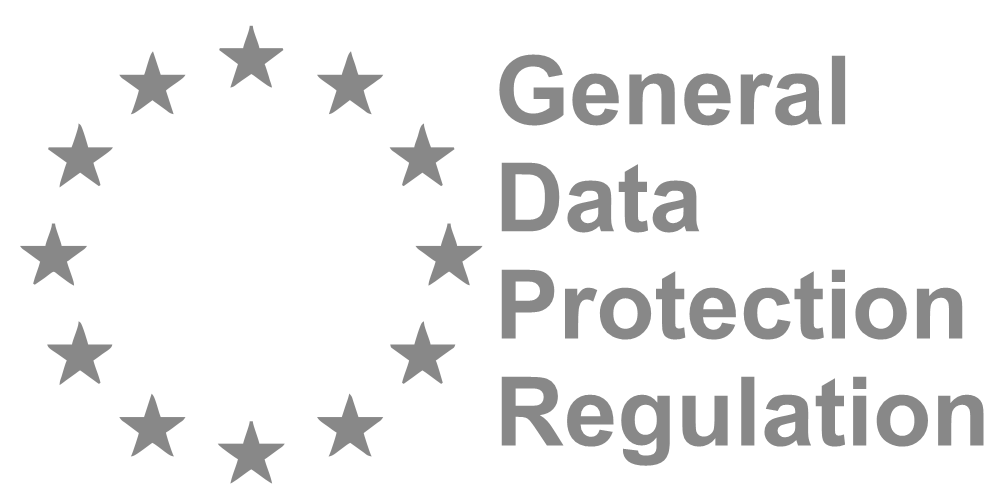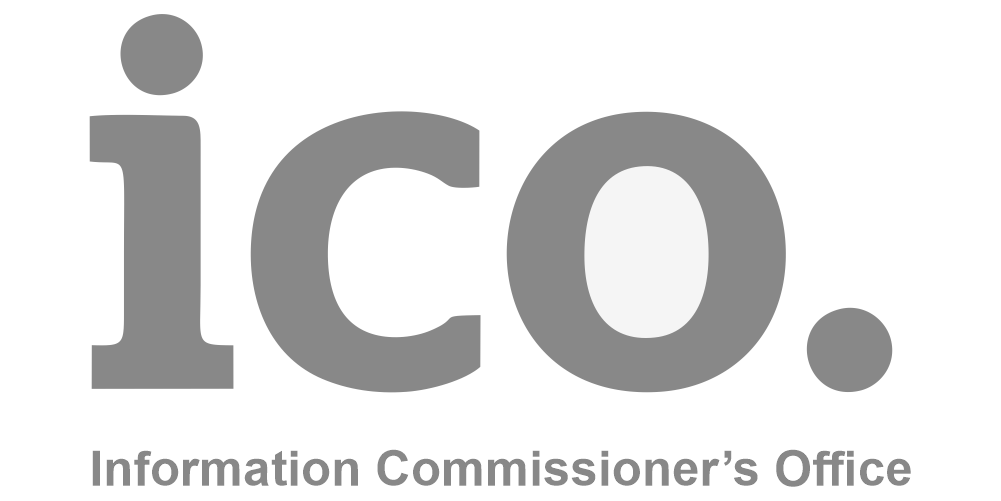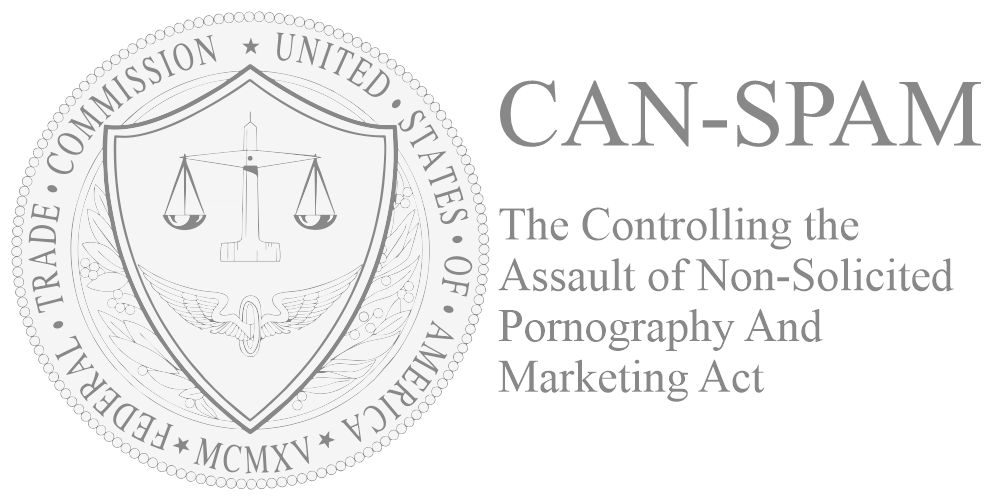B2B Email Marketing Compliance: Why It Matters
In the world of B2B marketing, email remains one of the most powerful tools for engaging prospects, nurturing leads, and building lasting relationships. However, with great power comes great responsibility. As businesses increasingly rely on email campaigns to reach their target audience, compliance with email marketing regulations has never been more critical.
Adhering to compliance standards in B2B email marketing isn’t just about avoiding penalties—it’s about protecting your brand, building trust with your audience, and ensuring your campaigns are as effective as possible. In this blog, we’ll discuss why email marketing compliance matters and the key regulations that businesses need to follow to stay on track.
Why Compliance Matters in B2B Email Marketing
1. Avoiding Legal and Financial Penalties
One of the primary reasons to ensure your email campaigns are compliant is to avoid legal and financial penalties. Regulations such as the General Data Protection Regulation (GDPR), CAN-SPAM Act, and California Consumer Privacy Act (CCPA) impose significant fines for non-compliance. For example, GDPR violations can result in fines up to €20 million or 4% of a company’s annual revenue—whichever is greater. CAN-SPAM violations can lead to fines of up to $43,280 per email sent in violation.
By staying compliant, you protect your business from costly penalties and potential damage to your reputation.
2. Building Trust with Your Audience
Trust is the foundation of any successful B2B relationship. When you follow email marketing regulations, you send a clear message to your audience that you respect their privacy and data. Transparent practices such as obtaining consent before sending marketing emails, offering clear opt-out options, and respecting unsubscribe requests demonstrate your commitment to ethical marketing and protect your relationships with clients and prospects.
As trust is crucial in B2B transactions, maintaining compliance will help you build stronger, more credible relationships with your contacts.
3. Enhancing Email Deliverability
Email deliverability is vital to the success of your campaigns. When recipients mark your emails as spam or unsubscribe in high numbers, it can negatively affect your sender reputation, reducing the likelihood of your emails being delivered to the inbox in the future. Compliance plays a key role in this: offering clear opt-out options, avoiding misleading subject lines, and sending relevant, consented content all contribute to better deliverability. By adhering to regulations, you help ensure your emails are welcomed and engage your audience rather than turning them away.
4. Improving Customer Engagement
When email campaigns are compliant, they become more focused and relevant. By tailoring your emails to the specific needs and preferences of recipients and avoiding irrelevant or overly frequent communication, you’re more likely to see better engagement. Personalized, well-targeted emails lead to higher open rates, click-through rates, and conversions—ultimately resulting in more successful B2B interactions.
5. Protecting Your Brand Reputation
Your reputation is one of your most valuable assets, and non-compliance can cause irreparable harm. Companies that are caught violating email marketing laws may face public scrutiny and damage to their brand’s credibility. Ensuring compliance not only helps you avoid negative publicity but also reinforces your commitment to ethical practices, which can enhance your brand image in the eyes of both prospects and existing clients.
Key Compliance Regulations in B2B Email Marketing
To maintain compliance, businesses must familiarize themselves with the following key regulations:
1. General Data Protection Regulation (GDPR)
The GDPR, which applies to businesses operating in the European Union (EU) or those that handle data from EU citizens, is one of the most comprehensive data privacy laws in the world. Under GDPR, businesses must:
- Obtain explicit consent from recipients before sending marketing emails.
- Provide an easy way for recipients to withdraw consent (e.g., through an unsubscribe link).
- Protect personal data and only use it for the specific purposes it was collected.
- Ensure that recipients have access to their data and can request its deletion if desired.
Failure to comply with GDPR can result in substantial fines and loss of customer trust.
2. CAN-SPAM Act
The CAN-SPAM Act is a U.S. regulation that governs email marketing practices and sets rules for sending commercial messages. Key requirements of the CAN-SPAM Act include:
- Obtaining Consent: While opt-in isn’t strictly required under CAN-SPAM, you must obtain consent from recipients to send them commercial emails.
- Providing an Opt-Out Option: Every marketing email must include a clear and easy way for recipients to unsubscribe.
- Accurate Subject Lines and Header Information: Emails must not have deceptive subject lines or header information. The “From” field must accurately reflect the sender’s name or business.
- Identifying the Email as an Advertisement: If the email is a promotional message, it must be clearly identified as such.
Non-compliance with CAN-SPAM can result in significant fines and potential legal action.
3. California Consumer Privacy Act (CCPA)
The CCPA, which applies to businesses operating in California, grants residents greater control over their personal data. Key provisions related to email marketing include:
- Transparency: Businesses must disclose what personal data is being collected and how it will be used.
- Right to Opt-Out: Consumers have the right to opt out of the sale of their personal data, which could impact email marketing efforts.
- Access and Deletion Requests: Consumers can request access to the data a company holds about them, and businesses must delete that data upon request.
Complying with the CCPA is essential if you are targeting California-based businesses or individuals.

Best Practices for B2B Email Marketing Compliance
To stay compliant and protect your brand, follow these best practices:
- Get Explicit Consent: Always obtain permission before adding someone to your email list. Use double opt-in when possible to ensure the recipient genuinely wants to receive your emails.
- Offer Easy Unsubscribe Options: Make it simple for recipients to opt-out by including a clear, easily accessible unsubscribe link in every email.
- Be Transparent About Data Usage: Inform your recipients about how their data will be used and give them control over their preferences.
- Keep Your Email Lists Clean: Regularly review and clean your email lists to ensure that they only contain valid, consented contacts.
- Stay Up-to-Date on Regulations: Email marketing regulations are constantly evolving. Stay informed about changes to laws like GDPR, CAN-SPAM, and CCPA to ensure continued compliance.
Conclusion
B2B email marketing compliance is essential for protecting your business, building trust, and ensuring the long-term success of your email campaigns. By adhering to regulations such as GDPR, CAN-SPAM, and CCPA, you can avoid costly penalties, improve deliverability, and enhance customer engagement. Above all, compliance demonstrates your commitment to respecting privacy and maintaining ethical practices—an invaluable asset in today’s competitive market.







